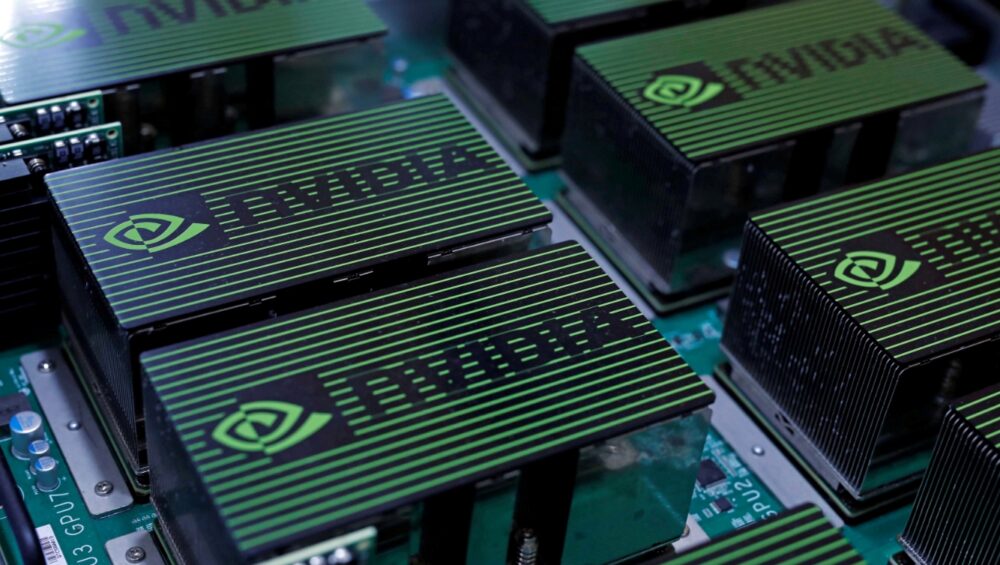Nvidia has entered the history books as the third American company to attain a valuation of $2 trillion, buoyed by the surge of excitement following its earnings announcement.
This significant milestone has drawn widespread admiration from investors, enchanted by the company’s impressive growth narrative in the artificial intelligence chip designing sector.
On Friday, according to Yahoo Finance Data, Nvidia’s market capitalization (calculated by multiplying a company’s outstanding shares by its share price) hit $2.01 trillion after seeing a surge of $50 billion. This puts Nvidia alongside Apple and Microsoft in the elite club of companies with a market value of $2 trillion.
Just until Wednesday, Nvidia was valued lower than its fellow technology giants on the West Coast. However, it now surpasses Amazon by about $190 billion and is $212 billion more valuable than Google’s parent company, Alphabet.
Nvidia also recently recorded another milestone in managing to increase its market value by a whopping $275 billion within just a day. This marked the largest single-day market capitalization increase for any company and came only a day before the company hit a $2 trillion valuation.
In response, Nvidia’s stock price climbed to an unprecedented peak of $808 on Friday. This impressive 67% rally since the beginning of the year has significantly contributed to elevating both the S&P 500 and Nasdaq Composite stock indexes to their highest levels in history.
Nvidia joins the exclusive ranks of Apple, Microsoft, Amazon, Alphabet, and Meta as the only American corporations to achieve a market capitalization of $1 trillion. However, a deeper dive into Nvidia’s financials reveals a disparity, showcasing it as notably smaller in scale compared to its trillion-dollar contemporaries. With the lowest sales and net income figures among the group, at $61 billion and $30 billion respectively for the latest fiscal year, Nvidia’s financial stature is modest in comparison.
Timothy Arcuri, a UBS analyst and one of the select few to lower Nvidia’s price target after its recent earnings disclosure, highlighted the nascent stage of AI development. He pointed out that, following a year where Nvidia’s sales more than doubled, the company’s revenue trajectory might now be moving towards a more consistent phase.
Via: Forbes






